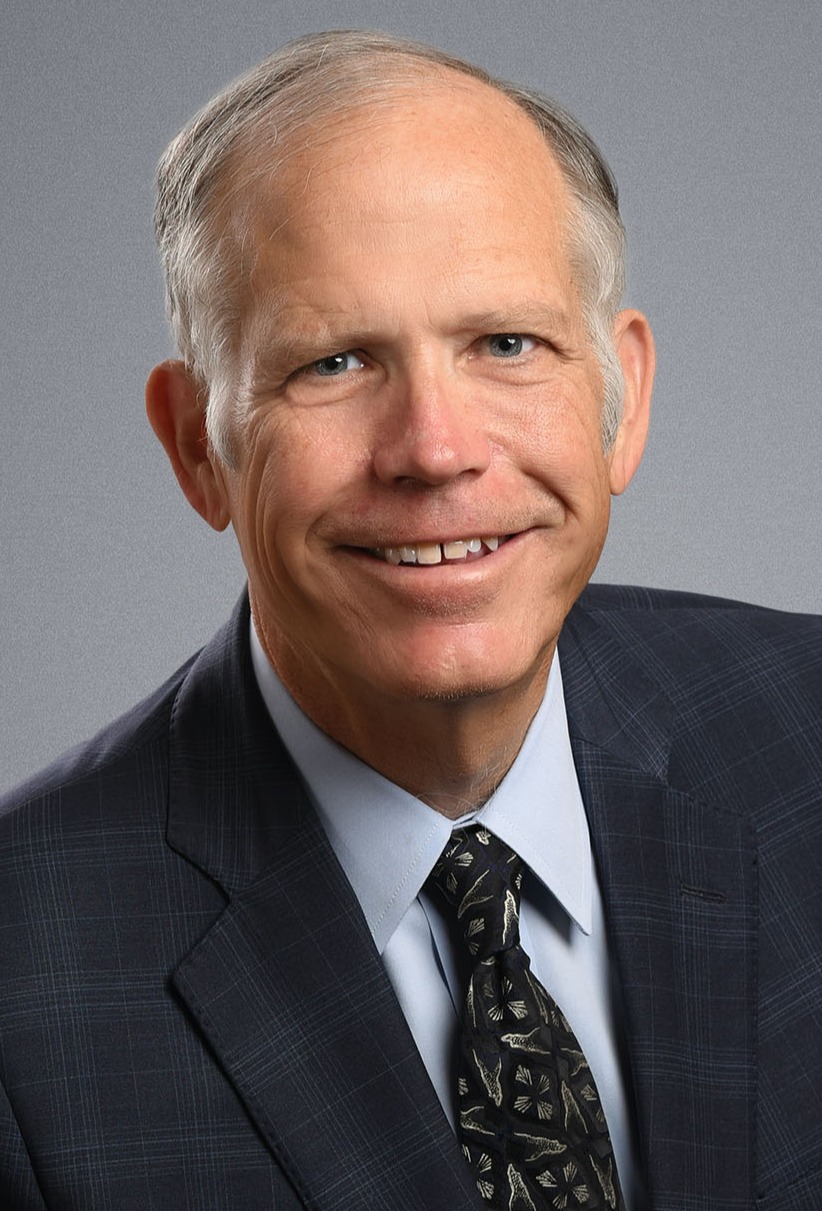Suppose that a corporation terminates its president and chief executive officer who then sues for breach of his employment contract. Does the former executive officer have a right to access and use materials subject to the attorney-client privilege...

Keith Paul Bishop
Recent Posts
I recently learned that I'm supposedly related to a certain Joshua Short, late of Sangamon County, Illinois. I don't know much about Mr. Short other than he was a farmer who couldn't write his own name and wasn't feeling very well in the summer of...
A brief ruling issued this week by U.S. District Court Judge James C. Mahan makes it clear that an auditor isn't always liable even when a subsequent auditor uncovers fraud. In Oaktree Capital Mgmt., L.P. v. KPMG, 2014 U.S. Dist. LEXIS 106538 (D....
Companies have lots of very good reasons for adopting codes of conduct. These reasons include:
For the last six years, Amerco as included a rather unique stockholder proposal in its proxy statement. It's there again this year. Basically, it asks the stockholders to ratify and affirm all decisions and actions by Amerco's directors and...
A lawyer aims at precision that can never be achieved because of the bluntness of his tool - language. Consider the word "including". Is it a term of enlargement or limitation? It is a term of enlargment when the intent is to provide a non-exclusive...
In 1970, Richard Nixon was president, the 26th Amendment was still not part of the Constitution, and the Fifth Circuit Court of Appeals issued its opinion in Garner v. Wolfinbarger, 430 F.2d 1093 (5th Cir. 1970).In that case, Judge Godbold wrote:
I recently came across the following vote tally in Item 5.07 of Form 8-K:
Today's post will try to put the Franchise Tax Board's recent Legal Ruling 2014-01 in perspective by imagining the following inquisition by the Franchise Tax Board:


.png?width=100&height=100&name=corporate_law_blogs%20(1).png)